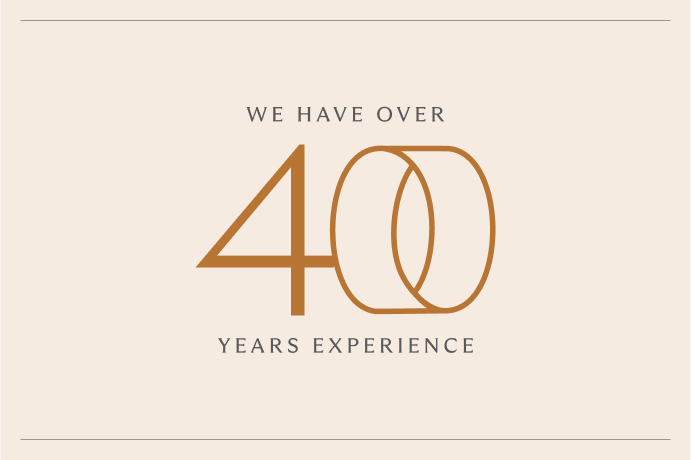Cronin has grown to become one of Ireland’s leading accountancy firms, supporting companies of every shape and size with a wide range of financial services.
Our clients work in a wide range of sectors, including retail, construction, hospitality, manufacturing, healthcare, technology, and professional services.













